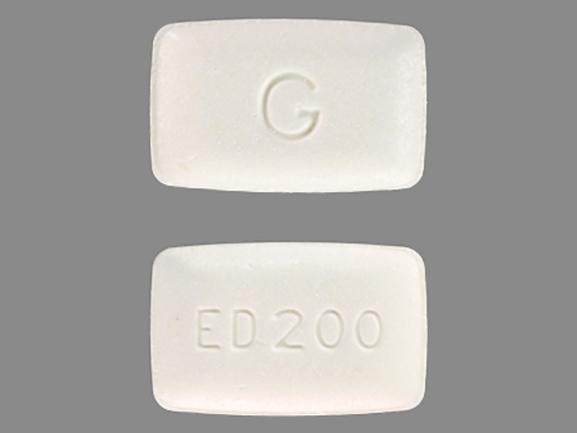Etidronate Disease Interactions
There are 3 disease interactions with etidronate.
Etidronate (applies to etidronate) osteomalacia
Major Potential Hazard, High plausibility. Applicable conditions: Vitamin D Deficiency
The use of etidronate (for the treatment of Paget's disease or the treatment/prevention of heterotopic ossification) is contraindicated in patients with clinically overt osteomalacia. Etidronate can inhibit bone mineralization, which has resulted in osteomalacia and bone fractures in some patients. Accumulation of unmineralized osteoid is usually noticeable during prolonged, continuous use of high dosages (10 to 20 mg/kg/day) but may occur at lower dosages when use exceeds 6 months. The newer bisphosphonates (e.g., alendronate, pamidronate, risedronate, and tiludronate) do not cause mineralization defects and may be more appropriate for patients with osteomalacia, although clinical data may be lacking for the treatment of some conditions for which etidronate is used.
Etidronate (applies to etidronate) upper gastrointestinal disease
Major Potential Hazard, Moderate plausibility. Applicable conditions: Esophageal Disease, Peptic Ulcer, Gastroesophageal Reflux Disease
Etidronate administered orally may cause local irritation of the upper gastrointestinal mucosa. Its use is contraindicated in patients with esophageal abnormalities that delay esophageal emptying such as achalasia or strictures. Etidronate should be used with caution in patients with active upper gastrointestinal problems, such as Barrett's esophagus, dysphagia, gastritis, duodenitis, ulcers, etc, as cases of erosions, bleeding and perforation have been reported. Patients should be instructed to discontinue treatment immediately and seek medical attention if they develop dysphagia, retrosternal pain, or new or worsening heartburn.
Etidronate (applies to etidronate) renal dysfunction
Moderate Potential Hazard, High plausibility.
Etidronate is eliminated intact by the kidney. There is no experience to specifically make recommendations in patients with impaired renal function. Etidronate dosage should be reduced when reductions in glomerular filtration rates are present. Patients with renal impairment should be closely monitored.
Switch to professional interaction data
Etidronate drug interactions
There are 181 drug interactions with etidronate.
Etidronate alcohol/food interactions
There are 2 alcohol/food interactions with etidronate.
More about etidronate
- etidronate consumer information
- Check interactions
- Compare alternatives
- Drug images
- Side effects
- Dosage information
- During pregnancy
- Drug class: bisphosphonates
- Breastfeeding
Related treatment guides
Drug Interaction Classification
| Highly clinically significant. Avoid combinations; the risk of the interaction outweighs the benefit. | |
| Moderately clinically significant. Usually avoid combinations; use it only under special circumstances. | |
| Minimally clinically significant. Minimize risk; assess risk and consider an alternative drug, take steps to circumvent the interaction risk and/or institute a monitoring plan. | |
| No interaction information available. |
See also:
Further information
Always consult your healthcare provider to ensure the information displayed on this page applies to your personal circumstances.


